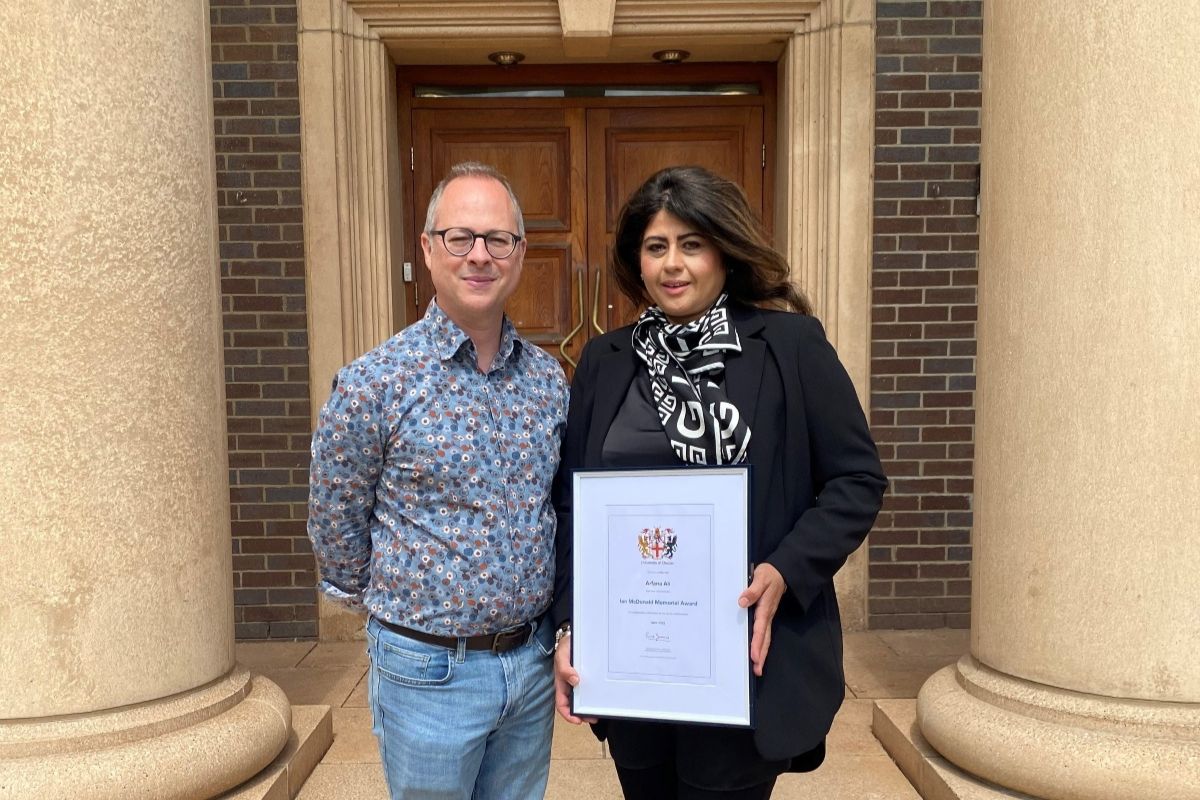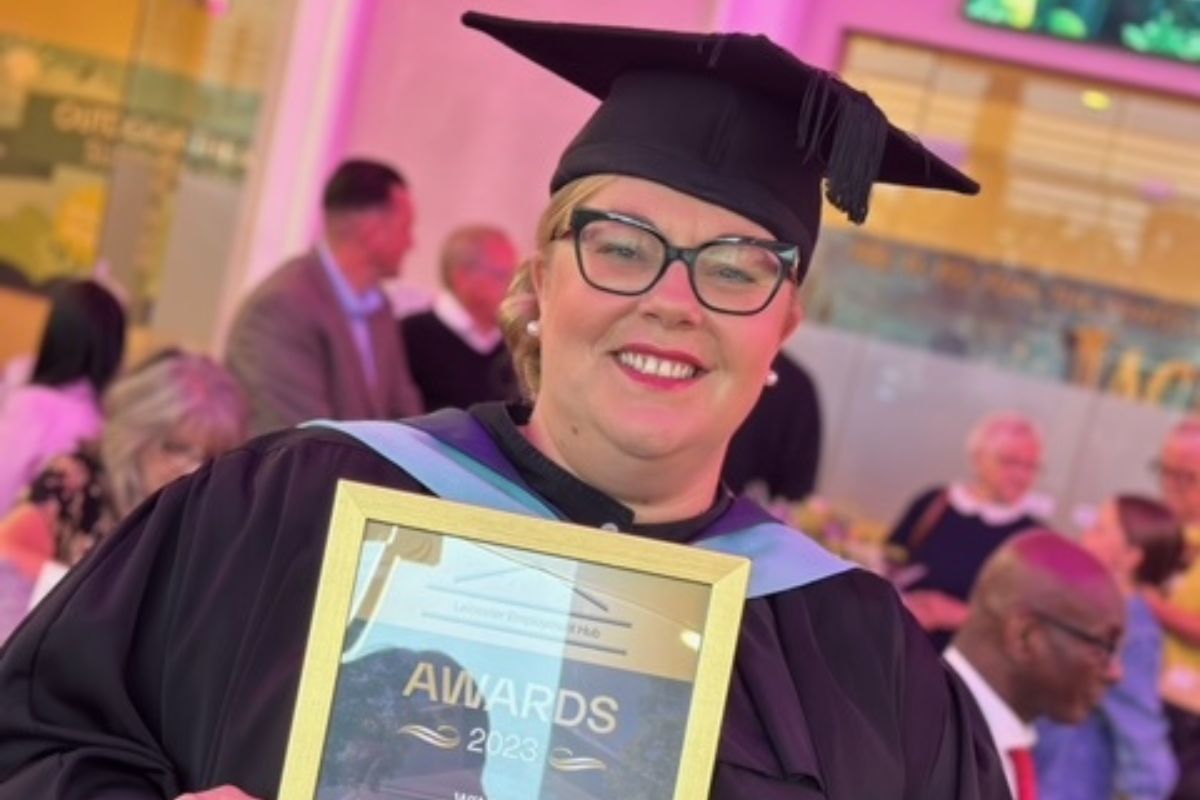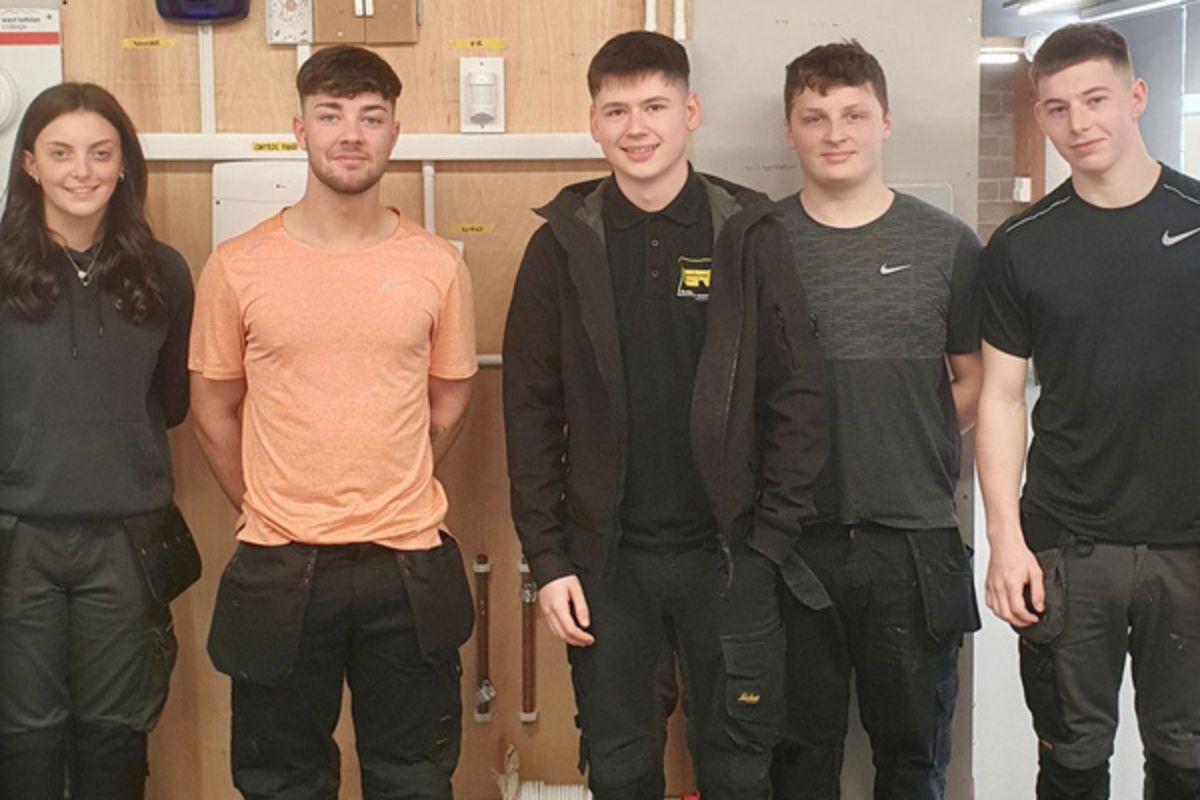Behaviour hubs

Behaviour hubs will enable schools and multi-academy trusts (MATs) with exemplary behaviour cultures and practices to work with partner schools that want and need to improve behaviour in their school.
Programme aims
The behaviour hubs programme aims to improve pupil behaviour in schools by taking a whole school approach and embedding a clear, sustainable behaviour culture throughout the school. How students behave in school is strongly linked to attainment and other outcomes. Good behaviour generally leads to:
- more time to focus on teaching and learning
- students achieving more academically and socially
- improved staff satisfaction, higher retention and less problematic recruitment
The programme is based on the principles and ideas outlined in Tom Bennett’s 2017 review of behaviour in schools Creating a culture: how school leaders can optimise behaviour.
How it works
Partner schools or partner MATs will be paired with a lead school or lead MAT. They will work together to identify how and where they want to improve, diagnosing specific issues and developing new approaches to address poor behaviour. Schools will receive:
- a range of support from lead schools over one or 2 years depending on level of need, including bespoke training, one-to-one advice and ongoing mentoring
- support for heads and senior leaders with the advice and tools needed to improve their approach
Partner and lead schools will form hubs to learn from each other and to share what works. Hubs will be made up of one lead school or MAT and a set of partner schools or partner MATs. This is a comprehensive package of support that aims to see results within a year.
School support offer
Training and support will include some or all of the following:
- training on specific issues, common problems and effective approaches led by expert advisers, that can be implemented in your school context
- open days at lead schools to observe good systems and approaches in action
- networking events to share experiences and good practice to learn from other schools
- online resources developed by the expert advisers which will equip and empower schools to implement changes in their settings
- support to develop and implement an action plan, that will set out how to quickly improve and embed a whole school approach to behaviour management, including how to monitor impact
- one-to-one ongoing support, mentoring and coaching to support leaders in implementing lasting change
- partner MATs will work closely with lead MATs to consider, develop and implement an approach to behaviour management across their schools to create a sustained cultural change throughout the trust
Apply
Apply for the behaviour hubs programme.
Applications for cohort 1 have now closed. You can still apply for the next cohort, to begin receiving support in September 2021.
Eligible partner schools should be rated ‘requires improvement’ by Ofsted.
Eligible MATs should have at least one school within their trust rated ‘requires improvement’ by Ofsted.
The programme requires at least 20 days of engagement from partner schools in total, spread across a number of staff in the school, including senior leaders.
Partner schools and MATs can apply at any time. New cohorts will join the programme at the beginning of each term and therefore do not have to wait for the start of the next academic year.
Lead schools
Applications to be a lead school in the 2021 to 2022 academic year have now closed. DfE will look to grow the pool of lead schools throughout the programme. When the next application window is open, further details will be available on this webpage
Who is involved
Behaviour Advisers
A team of behaviour advisers, led by Tom Bennett, will oversee the programme and support schools. They will deliver aspects of the programme, provide behaviour content, and support lead schools to deliver training.
- Tom Bennett, Author of Creating a Culture: how school leaders can optimisebehaviour and founder of researchED
- Michelle Blanchard, Head of Junior Fulneck School. Former Executive Principal at Dixons Academy Trust and Principal of Dixons Music Primary in Bradford
- John D’Abbro, Founder of Dabbs Education ltd and former Head of the New Rush Hall Group.
- Mark Emmerson, Chief Executive Officer of City of London Academy Trust in London and formerly Principal of Stoke Newington School, The City Academy, Hackney and City of London Academy Islington
- Marie Gentles, Co-Director of Magic Behaviour Management and former Principal of Hawkswood AP Primary in London
- Jayne Lowe, Director of Bright Green Learning, Education Adviser, former PRU headteacher and currently supporting Ministry of Justice on ‘Transforming Youth Custody’
- Jenny Thompson, Principal of Dixons Trinity Academy in Bradford
Education Development Trust
Education Development Trust have been appointed to manage delivery of the programme. They provide grant management, logistical support and administration, including organising training, collecting monitoring information and acting as a central point of contact for lead and partner schools and the general public.
Published 28 February 2020
Last updated 25 March 2021 + show all updates
-
Provided information about the next cohort in the ‘Apply’ section.
-
Updated programme information and information on how partner schools can apply.
-
Removed application information – the application has now closed.
-
Reformatted guidance and re-added details on how prospective lead schools and MATs can apply.
-
Updated the programme start date.
-
Included a link to a previously published guidance document to clarify how users can apply.
-
First published.












Responses